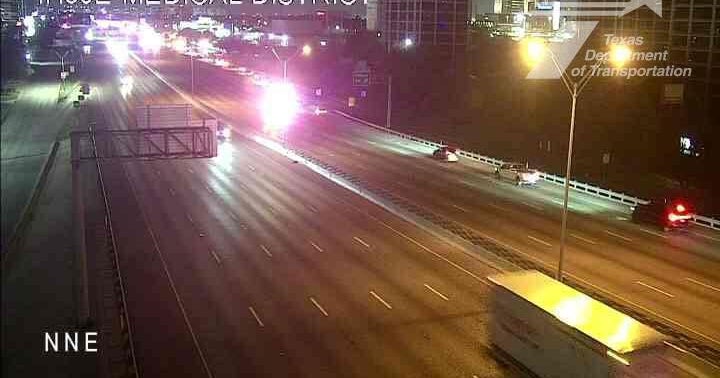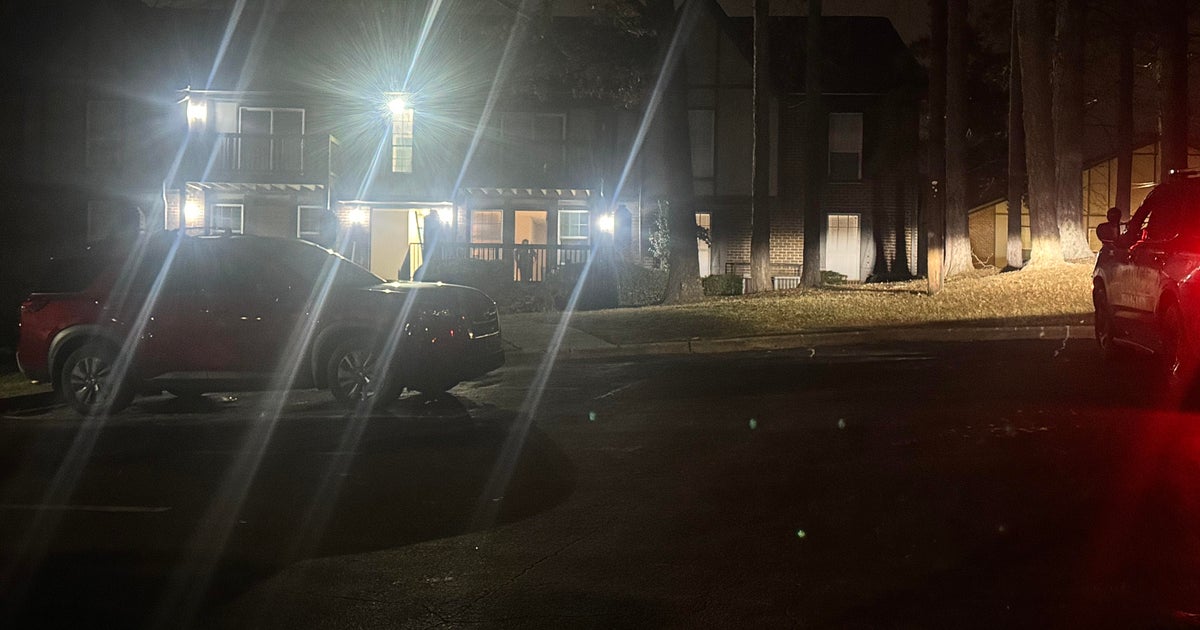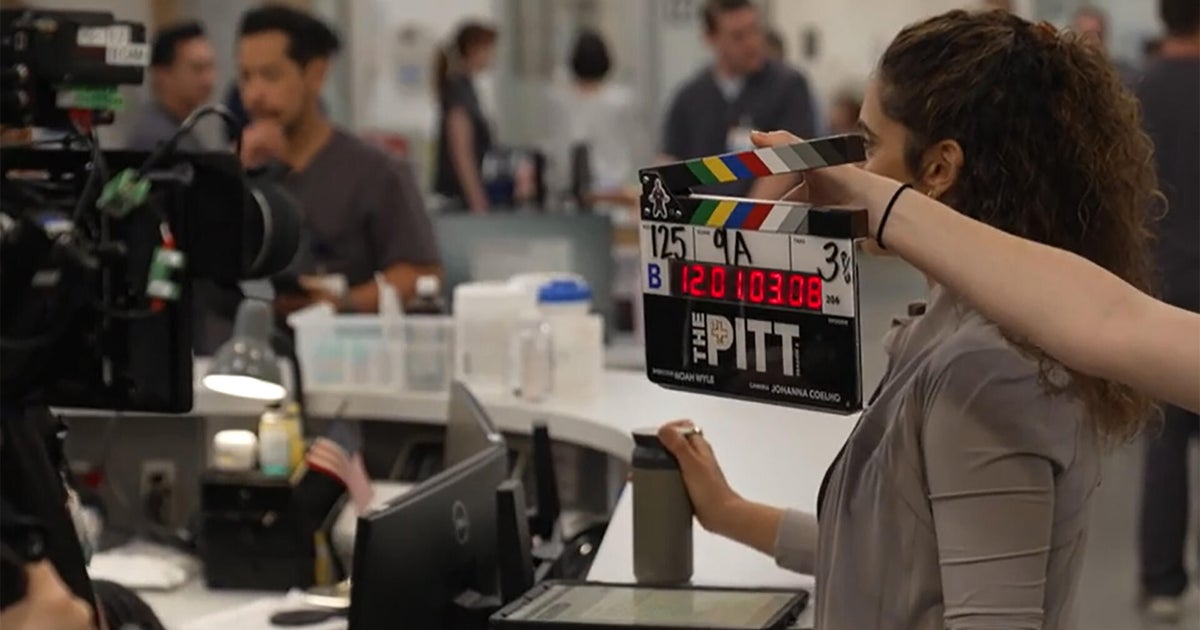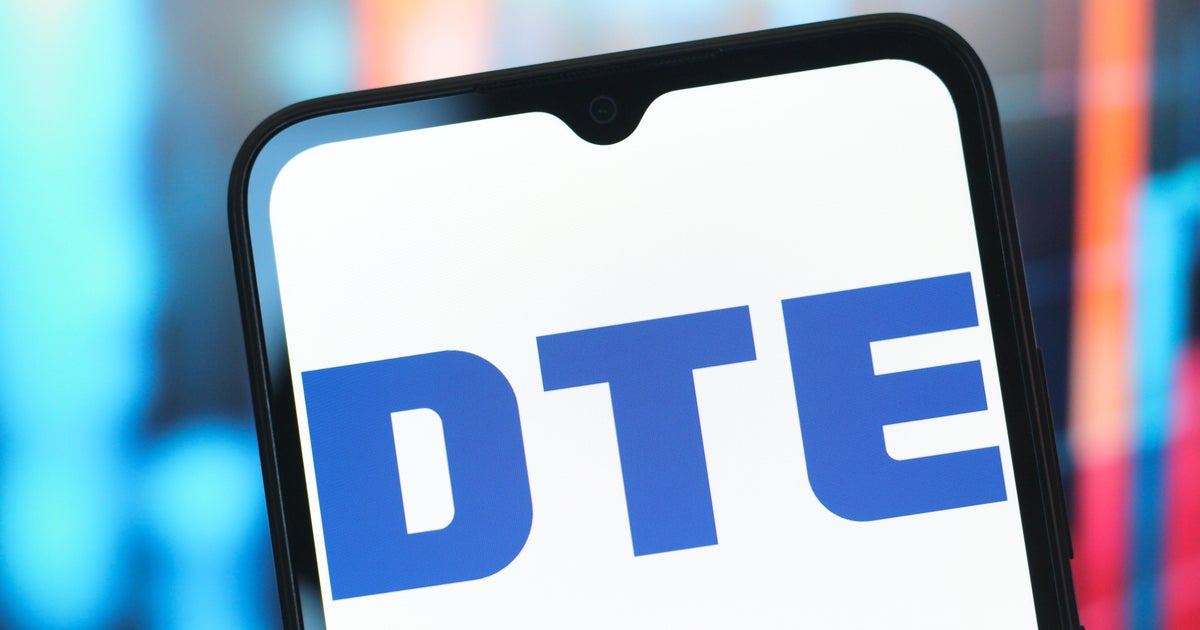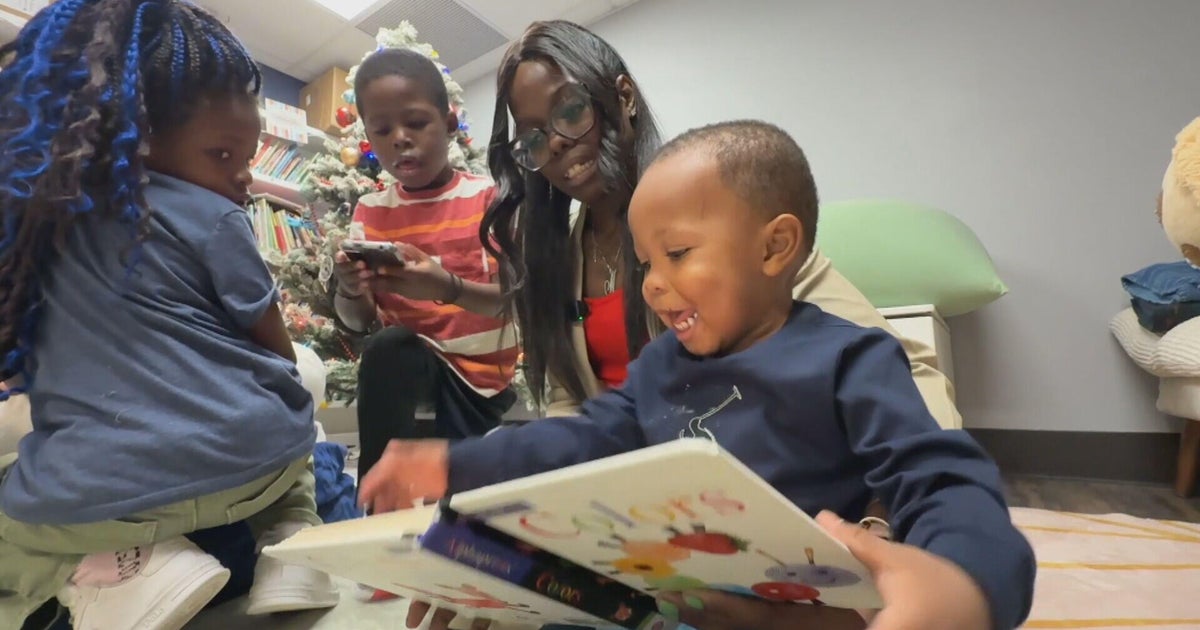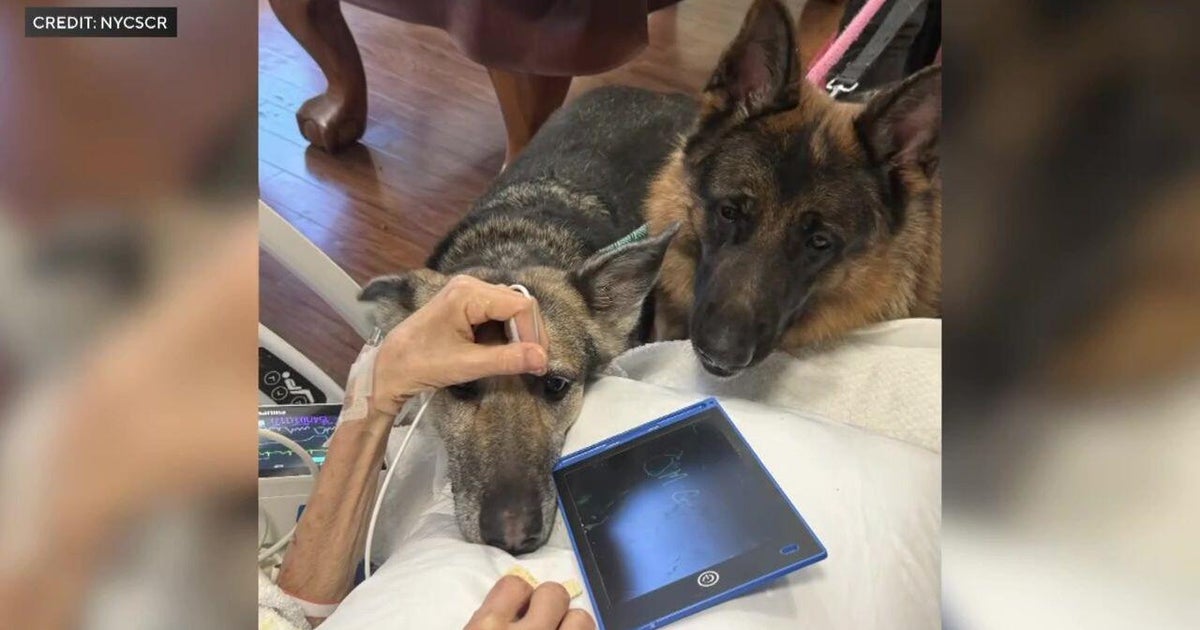2 Investigators: Are Hospitals Double-Billing Some Patients?
(CBS) -- Understanding a hospital bill can be frustrating and overwhelming.
Depending on how good or bad your insurance is -- or if you have no insurance at all -- you may get stuck paying excessive or duplicate charges and not even know it.
Ask Patricia Palmer.
"I really had two demons that I had to fight," she tells CBS 2's Pam Zekman. "The terror and anxiety of dealing with breast cancer and the other was this onslaught of almost incomprehensible medical bills."
The bills for her diagnosis and treatment totaled more than $155,000. Her copay after insurance paid was $36,000.
"It's just overwhelming," Palmer says.
Unable to pay the last $10,000, she hired a medical advocate who got that tab cut in half.
"I should have been negotiating long ago because I didn't understand how much I'd been overcharged," she says.
Hospitals base their bills on what's called their "charge master price." It's the price they demand for a service before insurance companies negotiate discounts.
And the uninsured or underinsured may get stuck paying what experts call the inflated charge master fees.
"The hospitals don't have a rationale for their charge master file rates," said Gerard Anderson, a professor of health policy and Management at the Johns Hopkins Blomberg School of Public Health. "They just charge whatever they want."
Northwest Community Hospital in Arlington Heights initially charged Patricia Palmer's insurance company $18,307 just for her lumpectomy.
A medical advocate – who, coincidentally, is also named Pat Palmer – reviewed the bill.
"Way over half of this bill should not be even billed to the patient or the insurance company," she says. "It's a prime example of what is happening to consumers."
Professor Anderson suggests a reasonable rate would be 41 percent over what Medicare pays, rather than up to five times the cost of actually providing the service.
For 2011, Medicare paid $5,674 for a lumpectomy without complications, compared to Palmer's $18,307 bill. That does not include other separate bills she received for the surgeon, the anesthesiologist and pathologist.
The advocate says the lumpectomy bill appears to include duplicate charges for operating room procedures.
"How many times are you going to ask this patient to pay for 89 minutes in an OR to do a biopsy?" Palmer asks.
So what does the patient think her case demonstrates about the problems with medical billing?
"I think it's abusive," she says. "How can you not feel anything but absolutely hoodwinked by that kind of billing?"
Palmer had signed a release authorizing the hospital to answer questions from CBS 2. But Northwest Community Hospital refused to discuss Palmer's bills, saying in a written statement that it has a "practice not to discuss patient insurance bills with third parties.
In a written response to general questions, Jacqueline Speckin, strategic marketing director for Northwest Community Healthcare, said NCH does not double-bill patients.
"NCH's pricing philosophy is to strive for fairness and reasonableness," Speckin wrote. "We periodically use external industry specialists to review and recommend needed adjustments. Pricing takes into consideration acquisition cost, labor, effort, and reimbursement."
The Centers for Medicare and Medicaid (CMS) recently released prices for services at more than 3,300 hospitals. It includes 126 in Illinois. The NCH spokeswoman said it shows NCH's "charges were market appropriate."
If you can't figure out or negotiate your hospital bills, you can contact a medical advocate. Be aware that medical advocates typically charge a percentage of what they save you.
Medical Billing Advocates of America
Alliance of Claims Assistance Professionals
Before selecting a hospital you can also check out the variety of prices charges for some of the most common hospital procedures at the Centers for Medicare & Medicaid Services website.

